When traditional talk therapy feels insufficient for addressing deep-rooted trauma or mental health challenges, many women are discovering the transformative power of equine therapy for mental health. At Monima Wellness Center in San Diego, we integrate this innovative approach into our comprehensive treatment programs, witnessing remarkable breakthroughs in healing and recovery.
Equine therapy for mental health involves therapeutic interactions with horses under the guidance of licensed mental health professionals. Unlike recreational horseback riding, this evidence-based approach focuses on building emotional connections with horses to promote psychological healing, develop coping skills, and address trauma-related symptoms.
Equine-Assisted Therapy Explained

Equine-assisted therapy, also known as equine-facilitated psychotherapy, is a collaborative treatment approach that incorporates horses into the therapeutic process. Research shows that interactions with horses can trigger the release of oxytocin (the “bonding hormone”) while reducing cortisol levels, creating optimal conditions for emotional regulation and healing.
The therapeutic process typically involves ground-based activities such as grooming, feeding, leading, and interacting with horses rather than riding them. These activities are carefully designed to mirror real-world challenges and provide opportunities for emotional growth, self-awareness, and skill development.
How Equine Therapy Works
Horses possess unique qualities that make them exceptional therapeutic partners for women healing from mental health challenges:
- Emotional Mirroring: Horses are prey animals with extraordinary sensitivity to human emotions and energy. They provide immediate, honest feedback about your internal emotional state, helping you develop greater self-awareness.
- Present-Moment Connection: Horses live authentically in the present moment, naturally drawing you out of anxious thoughts about the future or rumination about the past into mindful awareness.
- Non-Judgmental Presence: Unlike humans, horses don’t judge, criticize, or have hidden agendas. They respond purely to your authentic energy and intentions, creating a safe space for vulnerable emotional work.
Benefits of Equine Therapy for Women’s Mental Health

Recent research demonstrates significant benefits of equine therapy across multiple areas of mental health and wellness:
Trauma Recovery and Emotional Regulation
Equine therapy for trauma offers unique advantages for women with trauma histories. Studies show that interactions with horses help regulate the nervous system, moving individuals from hypervigilant states into calm, receptive conditions ideal for processing traumatic experiences.
Key benefits include:
- Reduced symptoms of anxiety and depression
- Improved emotional regulation skills
- Enhanced self-esteem and self-efficacy
- Development of healthy coping mechanisms
- Strengthened trust and attachment capacity
Building Confidence and Self-Advocacy
Working with large, powerful animals naturally builds genuine confidence and personal agency. Women often discover their own strength and capability through successfully communicating with and caring for horses, skills that transfer directly to daily life and relationships.
Developing Healthy Relationships
Equine therapy for women in recovery provides a unique opportunity to practice relationship skills in a safe, non-threatening environment. Horses require clear communication, consistent boundaries, and authentic presence—all essential elements of healthy human relationships.
Equine Therapy for Women’s Trauma Healing
Women who have experienced trauma often struggle with trust, emotional regulation, and feeling disconnected from their bodies. Equine therapy for women’s trauma healing addresses these challenges through several mechanisms:
- Somatic Awareness: Horses respond to physical tension and emotional energy stored in the body, helping women recognize and release trauma held somatically.
- Safe Attachment Building: The gradual process of building trust with a horse provides practice for healthy attachment patterns in human relationships.
- Empowerment Through Connection: Successfully connecting with and guiding a 1,200-pound horse creates powerful experiences of personal agency and capability that contradict trauma-based beliefs about powerlessness.
Integration with Comprehensive Women’s Mental Health Programs

At Monima Wellness, women’s mental health programs with equine therapy are thoughtfully integrated into our evidence-based treatment approach. Through our partnership with experienced equine therapy providers, we combine this powerful modality with:
- Individual and group psychotherapy using approaches like CBT, DBT, and EMDR
- Trauma-informed yoga and breathwork for nervous system regulation
- Holistic healing modalities including acupuncture and Traditional Chinese Medicine
- Community support through our gender-specific treatment environment
How Equine Therapy Enhances Treatment Programs
In our Intensive Outpatient Program (IOP) and Partial Hospitalization Program (PHP), equine therapy serves as a powerful complement to traditional therapeutic approaches:
- Skill Application: Women practice emotional regulation and communication skills learned in group therapy sessions with immediate feedback from horses.
- Breakthrough Acceleration: Many clients experience pivotal moments of insight or emotional breakthrough during equine sessions that catalyze progress in other therapies.
- Nervous System Regulation: Regular interactions with calm, grounded horses teach the nervous system new patterns of safety and co-regulation.
Equine Therapy for Substance Use Recovery
For women navigating addiction treatment for women with equine therapy, this approach offers unique advantages in addressing both substance use and underlying trauma. Research demonstrates that equine therapy improves emotion regulation, self-efficacy, and perceived self-esteem among patients with substance use disorders.
The non-verbal nature of equine interactions provides an alternative pathway for processing emotions and experiences that may be difficult to express through traditional talk therapy alone.
What to Expect in Equine Therapy Sessions
Holistic women’s rehab programs with horses at Monima Wellness are designed to feel safe, supportive, and empowering. Sessions typically include:
- Mindful observation of horse behavior and energy to develop self-awareness
- Grooming and care activities that build nurturing capacity and present-moment focus
- Leadership exercises that develop assertiveness and communication skills
- Trust-building activities that address attachment and relationship patterns
- Group processing to integrate insights and apply learnings to daily life
No prior horse experience is necessary, and all activities are ground-based with safety as the top priority.
The Science Behind Equine-Assisted Healing
Growing research supports the effectiveness of equine therapy for mental health. Studies show that just spending time with horses calms the autonomic nervous system, reduces stress hormones, and promotes the release of feel-good neurotransmitters. These neurobiological changes create optimal conditions for:
- Processing traumatic memories safely
- Developing new coping strategies
- Building resilience and emotional flexibility
- Strengthening interpersonal connection skills
Finding Your Path to Healing

If you’re struggling with trauma, anxiety, depression, or substance use challenges, equine therapy may offer the breakthrough you’ve been seeking. At Monima Wellness Center, we believe every woman deserves access to innovative, compassionate care that addresses her unique needs and honors her healing journey.
Our holistic women’s rehab programs with horses combine the wisdom of equine partners with expert clinical care, creating extraordinary opportunities for transformation and growth. Whether through our IOP or PHP programs, you’ll discover how the honest reflection of a horse can mirror your inner strength and guide you toward authentic healing.
Ready to experience the transformative power of equine therapy? Contact Monima Wellness today at
(858) 500-1542 to learn how our innovative approach to women’s mental health can support your journey toward lasting recovery and wellbeing.
References
- Pandey, R. P., Himanshu, Gunjan, Mukherjee, R., & Chang, C. M. (2024). The Role of Animal-Assisted Therapy in Enhancing Patients’ Well-Being: Systematic Study of the Qualitative and Quantitative Evidence. JMIRx med, 5, e51787. https://www.ncbi.nlm.nih.gov/pmc/articles/PMC8698107/
- Souilm, N. (2023). Equine-assisted therapy effectiveness in improving emotion regulation, self-efficacy, and perceived self-esteem of patients suffering from substance use disorders. BMC Complementary Medicine and Therapies, 23(1), 363. https://bmccomplementmedtherapies.biomedcentral.com/articles/10.1186/s12906-023-04191-6
- McCrea, C. E., Tibbets, G., Smith, L. W., & Campbell, C. G. (2025). At-risk youth receive similar benefits from equine-assisted psychotherapy and traditional psychotherapy; an applied analysis. Frontiers in Psychiatry, 16, 1518783. https://www.frontiersin.org/journals/psychiatry/articles/10.3389/fpsyt.2025.1518783/full
